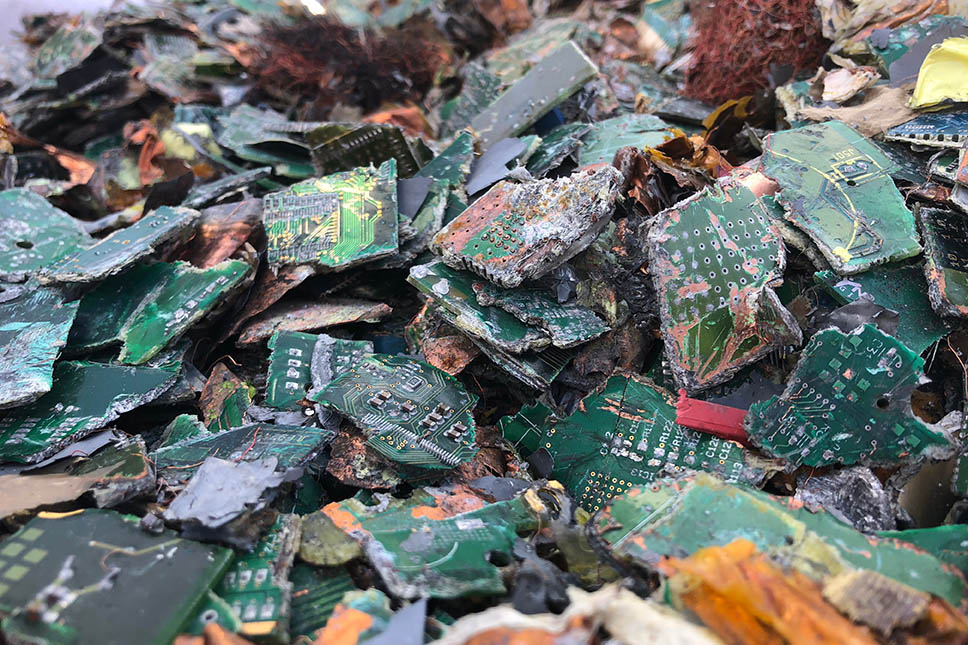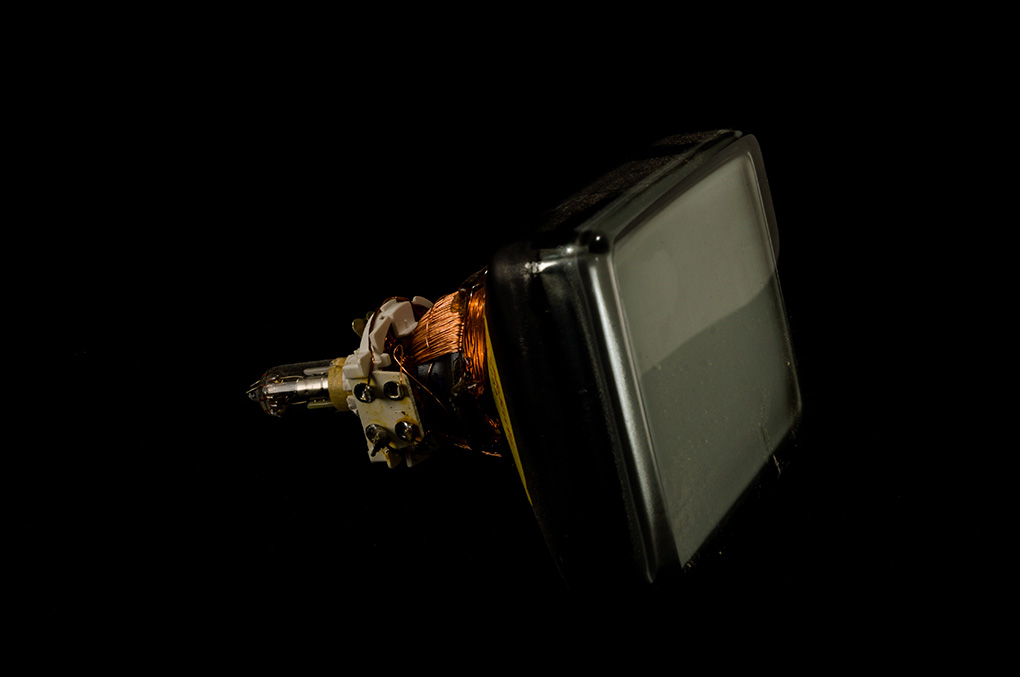
In May, the New York Federal Reserve Bank estimated tariffs in effect at that time would cost the average U.S. household $831 a year. | aijiro/Shutterstock
The escalating trade war between the U.S. and China is creating uncertainty among small businesses and exacerbating a global manufacturing slowdown, according to The Wall Street Journal.










